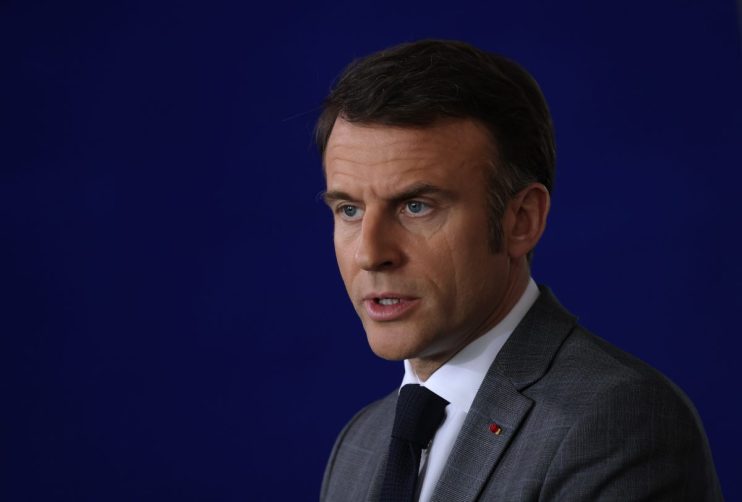Sunday June 16, 2024 11:51 am
Investors will have plenty of domestic economic data to digest this week, including the Bank of England’s interest rate decision, but will still be keeping a nervous eye on political developments across the Channel.
French government bond yields have risen rapidly since Emmanuel Macron called snap parliamentary elections last Sunday, while shares in France’s major banks have fallen dramatically.
In the past week alone, BNP Paribas and Credit Agricole have lost around eight percent, while Societie Generale has lost almost 11 percent.
“The major concern is around future fiscal slippage and the consequences if a change in government leads to higher spending, reducing the government’s budget deficit and increasing the debt-to-GDP ratio,” said Chris Weston, head of research at Pepperstone.
As for the UK, May inflation figures will be released on Wednesday before the Bank of England announces its latest interest rate decision on Thursday.
Most economists expect the headline inflation rate to eventually fall to the two percent target, while the Bank of England has forecast inflation to fall to 1.9 percent.
However, it is very unlikely that the Bank will cut interest rates this week. Figures last week showed wage growth remained stubbornly strong, while inflation was well above expectations in April.
Most experts also think that the Bank of England would be reluctant to cut interest rates during an election campaign. Policymakers have had to cancel speaking engagements during the campaign, which would make it more difficult for them to explain any policy changes.
Investors will then have a data glut to digest on Friday, as May retail sales figures appear alongside monthly loan figures at 7am ahead of S&P’s ‘flash’ purchasing managers’ index (PMI).
Economists at Capital Economics were hopeful that there would be a “partial recovery” in retail sales in May, following the crisis in April.
Retail sales fell 2.3 percent in April, but most experts believe this was largely due to bad weather rather than deteriorating purchasing power.
Investec forecasts retail sales to rise 2.7 percent in May, more than offsetting April’s poor performance. However, Capital Economics expects a smaller increase of 1.0 percent.
Meanwhile, PMI figures likely show that the economy continues to grow, albeit at a much slower pace than in the first quarter of the year. Traders will be closely watching what the PMI reveals about inflation dynamics.
“The key for the Bank of England will be whether the strength of demand increases the ability of service firms to pass on their high labor costs to consumers,” economists at Capital Economics said.
